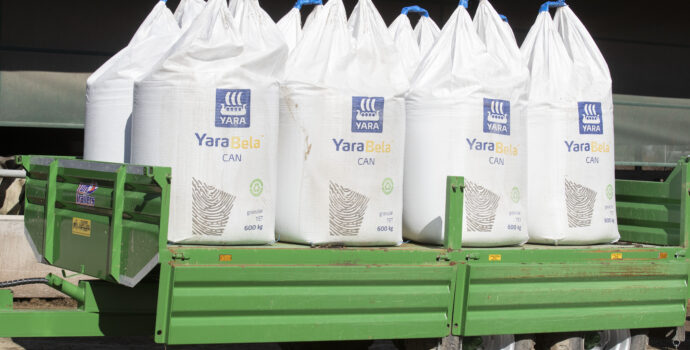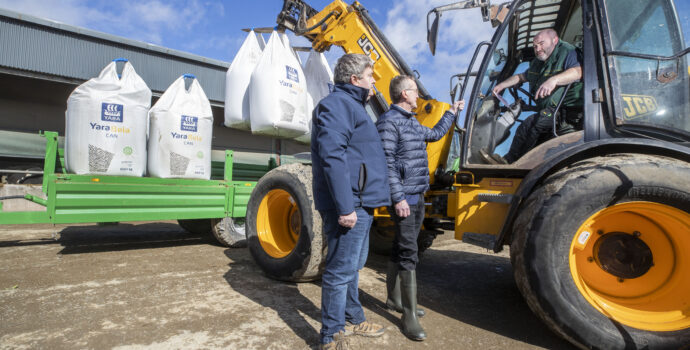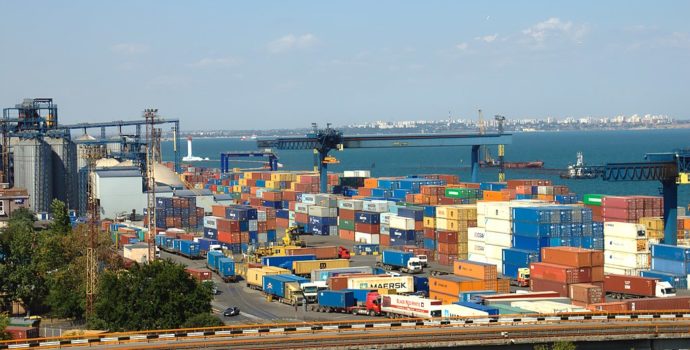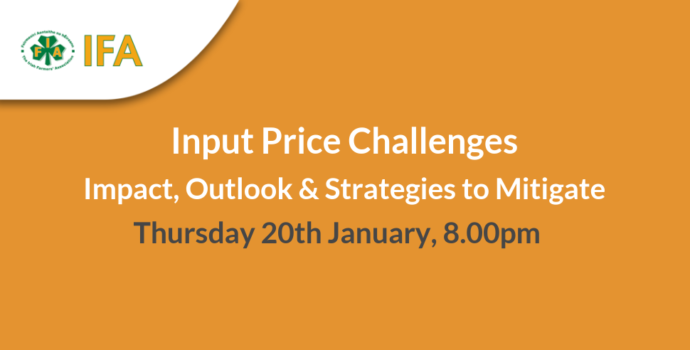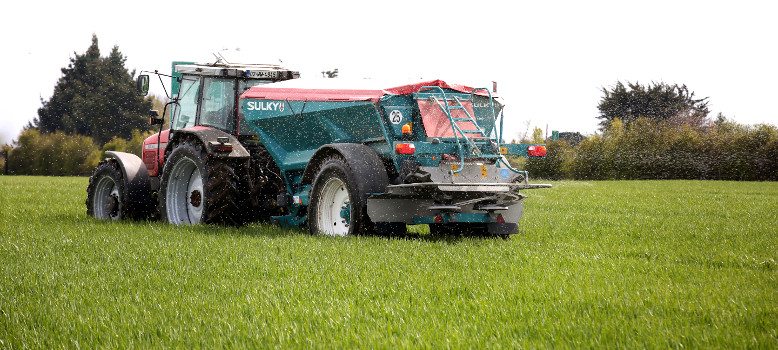
The Chair of the IFA Farm Business Committee Rose Mary McDonagh said a whole of industry approach on spiralling input costs would be needed, calling on all stakeholders to do their part to ensure that farmers aren’t the ones left carrying all the risk and full cost of these phenomenal prices.
You can view the presentations from the IFA Input Price Challenges webinar here
‘Input suppliers need to quickly pass any reductions back to farmers; banks must be flexible and take an understanding approach; the EU Commission needs to remove anti-dumping duties; and the Government has to be proactive with innovative support packages and quickly introduce the Food Regulator to give farmers a fair share,’ she said.
She encouraged farmers to be proactive, to engage early with their agricultural adviser and financial providers, and to put a plan in place for the months ahead.
“It’s not only the added amount of money that’s important. It’s the change in the working capital cycle that needs to be planned for to avoid potential cashflow problems down the road,” she said.
Over 300 farmers and industry stakeholders tuned into the IFA ‘Feed/Fertiliser’ webinar on Thursday evening to see if there will be any turn in fortunes to the escalating feed/fertiliser prices and what can be done in the short-term to get through the coming months.
While global markets suggest relatively strong output prices for milk, beef, sheep and tillage again this year, all sectors will be hit with significant increases in input expenditure that will erode 2022 margins and need to be planned for. The pig and poultry sectors are already heavily impacted by the input price rises and returning historic low margins.
Liam Woulfe, Managing Director with Grassland Agro, said they would certainly be learning from past difficult experiences of 2008/09 and that it could be well into Q2 before there is any likely shift in prices.
StoneX Risk Consultant Rory Deverell suggested we are in the perfect storm at the minute but that the necessary instruments are there to prevent this type of market imbalance, shock and risk for farmers in the future.
“We can hedge natural gas; we can hedge fertiliser and we can hedge grain, so it’s certainly something to consider down the line,” he said.
David Wall, Teagasc Researcher encouraged farmers to focus on the importance of soil fertility; value per unit N; and realising/maximising the true value of organic manures this Spring.
Finally, Liam MacHale, IFA European Director gave an update on the potential removal of anti-dumping measures which are penalising farmers.

